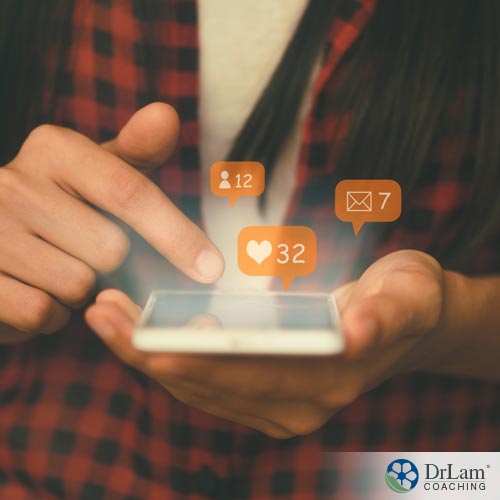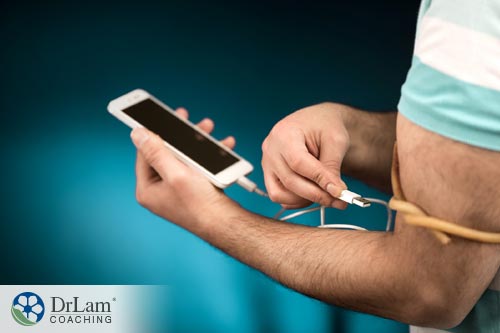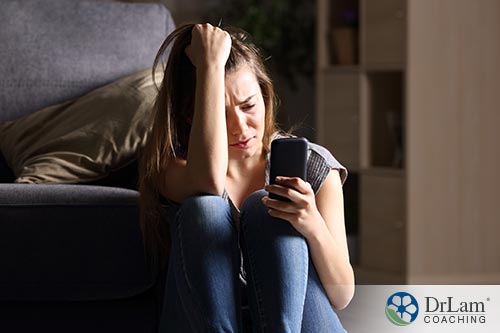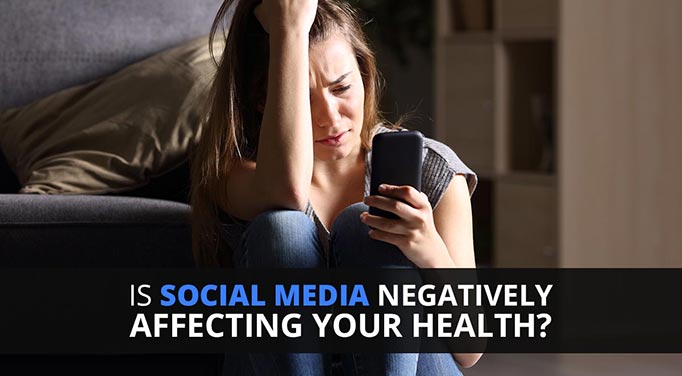 Technology, science, and research have taken us into a brave new world. We are now living lives that were once only visible in the “Jetsons” Saturday morning cartoons and futuristic Hollywood movies. As a kid, I remember riding Epcot’s “Spaceship Earth” that zoomed us through the ages, and into the future, where people used to talk to each other through their TV’s and computers. I’m not sure whether scientists back then even envisioned we would have what is now social media, or that we’d be accessing it through tiny devices that act as a phone, calendar, and computer, all in one. Technology and cell phones have no doubt changed the way we live and interact, keeping us connected with friends and relatives we may have otherwise lost touch with.
Technology, science, and research have taken us into a brave new world. We are now living lives that were once only visible in the “Jetsons” Saturday morning cartoons and futuristic Hollywood movies. As a kid, I remember riding Epcot’s “Spaceship Earth” that zoomed us through the ages, and into the future, where people used to talk to each other through their TV’s and computers. I’m not sure whether scientists back then even envisioned we would have what is now social media, or that we’d be accessing it through tiny devices that act as a phone, calendar, and computer, all in one. Technology and cell phones have no doubt changed the way we live and interact, keeping us connected with friends and relatives we may have otherwise lost touch with.
But there is also a dark side. Research has emphasized some of the serious side effects that technology and social media may have. But the convenience of having everyone accessible at your fingertips does come with a price. Adults and children are starting to see the effects, and more connections are being made between technological advances and significant health problems. One of the biggest concerns surrounding social media is that it is changing the way we communicate and interact, and more importantly, how we feel about ourselves, both mentally and physically.
According to new research, the more time children, teens, and adults spend on social media, the greater the risk of developing mental issues. Disturbingly, there is a direct correlation between online social networking and psychiatric disorders including low self-esteem, anxiety, depression, ADD, and ADHD.
The most pronounced concern lies in addiction. The phenomenon is so new that research is only just starting to come out about this issue, but there is sufficient evidence to suggest the internet and social media addiction is real and extremely intrusive. In fact, there is a diagnosis being called “Facebook Addiction Disorder” and it meets all the criteria: neglect of personal life, mental preoccupation, escapism, mood modifying experiences, and the tolerance and concealing of addictive behavior.
You may be connected to hundreds of “friends” on social media, but studies are showing that these connections are actually linked to greater feelings of social isolation. As it turns out, the more time you spend on social media sites, the more you perceive yourself to be socially isolated. These negative feelings are one of the worst things for our bodies and can have tremendous side effects.
Healthcare professionals have been taken aback by the huge inflow of patients affected by social media. Psychologists and psychiatrists are seeing depressed and anxious teenagers at alarming rates. Why is this? Subconsciously, social media scrollers are taking note of all the contrasts they find between their own lives and those of the perfectly presented lives they glance over. Although common sense tells us what we’re looking at is probably a fake portrayal of reality that has been photoshopped and edited, the comparison still takes place in our minds and tends to lead to low self-esteem, anxiety, and other depressive symptoms. Body type, family composition, lifestyles, and social preferences have become so idealized that it’s easy to feel inadequate about our own lives, appearance, intelligence, and success. The outcome? Moral integrity gets lost.
 Let’s be honest. How do you feel after your sessions on social media platforms? Do you feel distracted, jealous, or unnerved? Take a few minutes to examine the list below:
Let’s be honest. How do you feel after your sessions on social media platforms? Do you feel distracted, jealous, or unnerved? Take a few minutes to examine the list below:
If you notice any of these symptoms, you may want to reevaluate your stance on social media. Take some time away from it and focus on healthier alternatives. Many therapists and healthcare practitioners are readily available and equipped to discuss social media issues with you.
Addiction in any form is real and very dangerous. Although the study of social media addiction is fairly new, without a doubt, it stimulates pleasure centers and dopamine in the brain, just like drugs and other addictive substances and practices. When your posts are given a “like” you receive positive reinforcement, so you continue posting and checking for more “likes”, which then becomes a need. The habit is hard to break since most humans are wired towards good feelings. However, the line between healthy fun and addictive behavior can quickly be crossed. So much so that the Journal of Psychological Science has declared that social media platforms may be as addictive as alcohol and cigarettes.
Here are a few addictive behaviors to watch out for:
If you answered yes to quite a few of these, chances are you may have a social media addiction. It should be treated just like any other addiction. There are a few methods, listed below, you could try on your own. However, if you’re feeling overwhelmed and have lost control, consult a professional so you can get back to a healthier lifestyle as quickly as possible.
 Recognizing the need to cut back on your social media usage is the first step in any addiction program. Next? Get offline. Here are some tips on how to break the habit:
Recognizing the need to cut back on your social media usage is the first step in any addiction program. Next? Get offline. Here are some tips on how to break the habit:
 As much as possible, sufferers of AFS must create a stress-free environment for themselves. With stress being the root cause of this debilitating ailment, avoiding stress-inducing activities is the key to healing. With new evidence surfacing daily on the negative effects of social media, it may be a good idea for AFS patients to limit their online interactions even more than the average person. Especially due to the fact that social media has now been linked to anxiety, an issue that can handicap even the healthiest body.
As much as possible, sufferers of AFS must create a stress-free environment for themselves. With stress being the root cause of this debilitating ailment, avoiding stress-inducing activities is the key to healing. With new evidence surfacing daily on the negative effects of social media, it may be a good idea for AFS patients to limit their online interactions even more than the average person. Especially due to the fact that social media has now been linked to anxiety, an issue that can handicap even the healthiest body.
Although there is no direct connection between AFS and anxiety, they are definitely intertwined. Stress affects the entire NeuroEndoMetabolic (NEM) stress response system. When something affects all six of the major systems in the body, it needs to be addressed. If social media is causing you anxiety and you suffer from AFS, speak to your healthcare practitioner about creating an action that will work best for you.
© Copyright 2018 Michael Lam, M.D. All Rights Reserved.
Scientific research has now linked social media interaction with anxiety and depression. Although AFS is not caused by these issues, it is definitely aggravated by the stress they put on the body. People who suffer with AFS should use social media with caution.

